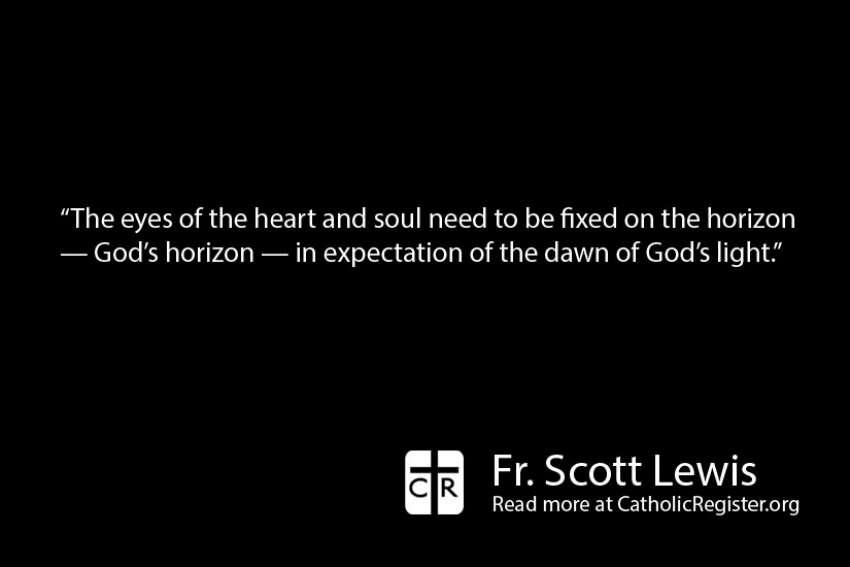The people of the land of Zebulon and Naphtali — northern Galilee and parts of the Golan — had been absolutely crushed. Their lands were devastated around 732 B.C. by the rampaging Assyrian armies, who then incorporated the territory into their expanding empire.
It seemed as if the inhabitants of these lands would never experience happiness or be able to raise their heads again. But they had not bargained on the mercy, compassion and faithfulness of God.
The prophecy points to a great future. Light is a biblical metaphor for God, and the prophecy insists the light of God will banish the darkness and gloom forever. Not only that, the yoke of their oppressors would be broken and they would be set free.
That is how God operates, for God is light and life itself. Death, destruction and darkness are not God’s intent. Within the lifetimes of many people there have been periods of great collective turmoil and tragedy. Wars, famines, natural disasters, economic hardship and oppression can seem insurmountable and unceasing when we are in the midst of them.
On a personal level, we can face periods of depression, painful relationships, illness, financial or work-related woes and personal struggles. There is no magic bullet to escape these things — it’s all part of life. Even being very religious will not clear a path before us. Just look at the lives of the saints or even the life of the Lord.
The eyes of the heart and soul need to be fixed on the horizon — God’s horizon — in expectation of the dawn of God’s light. This is especially important in the difficult times our world is passing through. We can weather any storm for all darkness eventually comes to an end.
God’s intent is always life, joy, healing, unity and flourishing. But we must want those things and be willing to respond positively when the opportunity arrives. Humans can be so immersed in their negativity that they notice neither the arrival of the train nor its departure.
Paul knew well the human tendency to prefer darkness. He begged and badgered his community in Corinth to put aside rivalry, competition, quarrelling, factionalism and negative attitudes of all sorts. Only a community with one mind, heart and purpose could truly be called Christian, and only one of this sort would really survive and flourish.
This applies to all human communities and it is particularly relevant today. Polarization and fragmentation have shaken our world to pieces. Followers of Jesus have a special calling to provide an effective counter-witness.
Following a hallowed and ancient Jewish midrashic tradition, Matthew gave a second life to the prophecy from Isaiah. He saw the presence of Jesus in the world as the long-promised light to those in darkness. The journey of Jesus through upper Galilee from Nazareth to Capernaum became much more than an itinerary — it was evidence of the fulfillment of God’s promise of new life and redemption.
Matthew’s Gospel is peppered with passages from the prophets, for he viewed the events of the life of Jesus as the unfolding of the divine plan. Jesus’ walk along the shoreline had a profound impact on those whom He encountered. They were ordinary people, doing very ordinary work, fishing and mending their nets.
What was there about Jesus that induced them to simply walk away from their lives and follow Him? His charismatic personality and quality of speech certainly had something to do with it, but there was more. He promised them something more: the ability to make a profound difference.
The promise to make them fishers of people assured them they would have a key role in gathering souls for God. The end days had begun and fishing was a metaphor for this ingathering.
His ministry then began in earnest. He healed infirmities and diseases, proclaimed good news to the people and called upon all to open their minds and hearts for the arrival of God’s reign. The light had indeed shone on those who dwelt in darkness and a new day was dawning.
That was the mission of Jesus and His followers then, and it is ours now, for there is even greater urgency.


